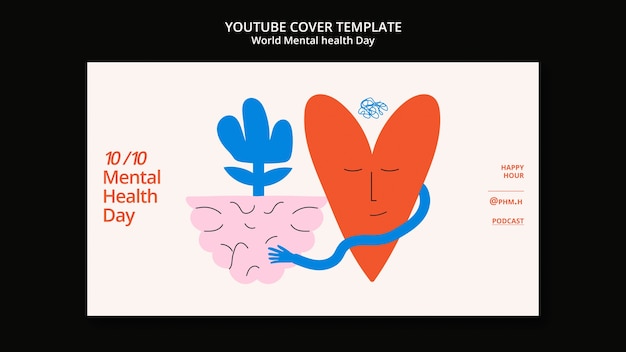In today’s fast-paced office environments, stress is almost inevitable. Long hours, tight deadlines, and sedentary routines take a toll on both mental and physical health. While many professionals turn to protein supplements to support energy and focus, few realize that the type of protein they consume may influence their stress levels.
This article compares plant protein and whey protein—not just for muscle or weight goals, but specifically for their impact on stress reduction in office workers. We’ll explore the science, clarify misconceptions, and provide actionable steps to help you make the best choice for your daily routine.
Protein plays a crucial role in producing neurotransmitters like serotonin and dopamine, which regulate mood and stress responses. Amino acids—especially tryptophan, tyrosine, and phenylalanine—are building blocks for these brain chemicals. The source of your protein can affect how efficiently these amino acids are absorbed and utilized.
Additionally, digestion, inflammation, and blood sugar stability—all influenced by protein intake—can indirectly affect cortisol levels, the body’s primary stress hormone.
Whey protein, derived from milk, is a complete protein containing all nine essential amino acids. It’s quickly absorbed, making it popular post-workout. Whey is particularly rich in branched-chain amino acids (BCAAs), which support muscle repair and energy production.
Some studies suggest whey can increase levels of glutathione, a powerful antioxidant that helps reduce oxidative stress. However, whey may not be ideal for everyone. It contains lactose and dairy proteins (like casein and beta-lactoglobulin), which can trigger digestive discomfort or low-grade inflammation in sensitive individuals—both of which can worsen stress over time.
For office workers who are lactose intolerant or prone to bloating, whey might lead to afternoon sluggishness or gut discomfort, counteracting its benefits.

Plant-based proteins—often made from pea, rice, hemp, or quinoa—are gaining popularity for their digestibility and lower environmental impact. While some plant proteins are not complete on their own, many commercial blends are formulated to include all essential amino acids.
Crucially, plant proteins are typically higher in fiber and phytonutrients, which support gut health. Emerging research links a healthy gut microbiome to improved mood and reduced anxiety—thanks to the gut-brain axis. A balanced gut can help regulate cortisol and reduce systemic inflammation, both key factors in managing chronic stress.
For example, pea protein is rich in arginine, which supports blood flow and cardiovascular health—important for maintaining mental clarity during long workdays. Hemp protein contains omega-3 fatty acids, known for their anti-inflammatory and neuroprotective effects.

When it comes to stress reduction, plant protein has a slight edge for most office workers—especially those with digestive sensitivities or inflammatory conditions. Its gentler digestion, combined with gut-supportive fibers and antioxidants, creates a more stable internal environment that helps buffer stress.
However, individual needs vary. If you tolerate dairy well and need a fast-absorbing protein for energy during a busy day, whey can still be beneficial. The key is personalization.
As an office worker, convenience is key. Keep a shaker bottle and a scoop of your preferred protein at your desk. Replace sugary coffee breaks with a protein smoothie made with almond milk, banana, and a tablespoon of nut butter.
If you're new to plant protein, start with a small dose to assess tolerance. Monitor your energy, digestion, and mood over a week. Adjust based on how you feel—not just performance metrics.
Neither plant nor whey protein is universally superior—but for stress management in the modern office setting, plant-based options often offer broader benefits. They support gut health, reduce inflammation, and promote mental clarity without the digestive drawbacks some experience with dairy.
The best choice is the one that aligns with your body’s needs and daily routine. Experiment mindfully, prioritize whole-food sources when possible, and use supplements to fill gaps—not replace balanced nutrition.
By making informed protein choices, office workers can take a proactive step toward not just physical health, but lasting mental resilience.

Wellness

Wellness

Wellness

Wellness

Health

Health

Health

Health

Health

Health

Health

Health

Health

Fitness

Health

Health